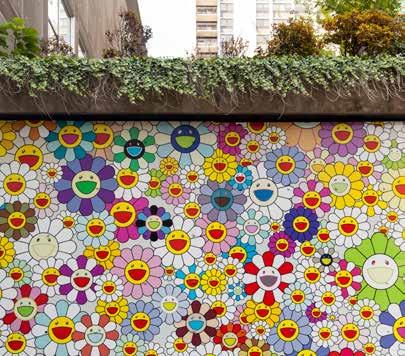
1 minute read
Streeterville
Captain George Wellington Streeter may have discovered this neighborhood when he famously ran aground here in 1886, but major development in more recent times put Streeterville on the map.
In the past two decades alone, dozens of new buildings, high-rises, hotels, stores and institutions have sprung up, bringing with them a flock of residents to the high-energy community.
Advertisement
A wide range of housing is available, the majority in high-rise buildings. The neighborhood’s stunning array of architecture includes pre-war buildings, a collection of Mies van der Rohe buildings, and landmarks including the-buildingformerly-known-as the John Hancock Center.
New construction and smaller mid-rise buildings, a few walk-ups and the occasional townhome or single-family home can be found throughout the neighborhood as well.

Streeterville is home to such notable
attractions as The Magnificent Mile, Water Tower Place and the Museum of
Contemporary Art. It is also home to Northwestern Memorial Hospital’s state
of-the-art medical campus and the downtown campuses of Northwestern
University and the University of Chicago.
While the neighborhood offers a number of smaller “pocket” parks and playgrounds, the lakefront is the center of attention and it’s never more than a couple of blocks away. Dining out is easy; deciding where to dine with so many great restaurant options is not.
Residents are just steps from the CTA’s Red Line and numerous buses that run up and down Michigan Avenue.










